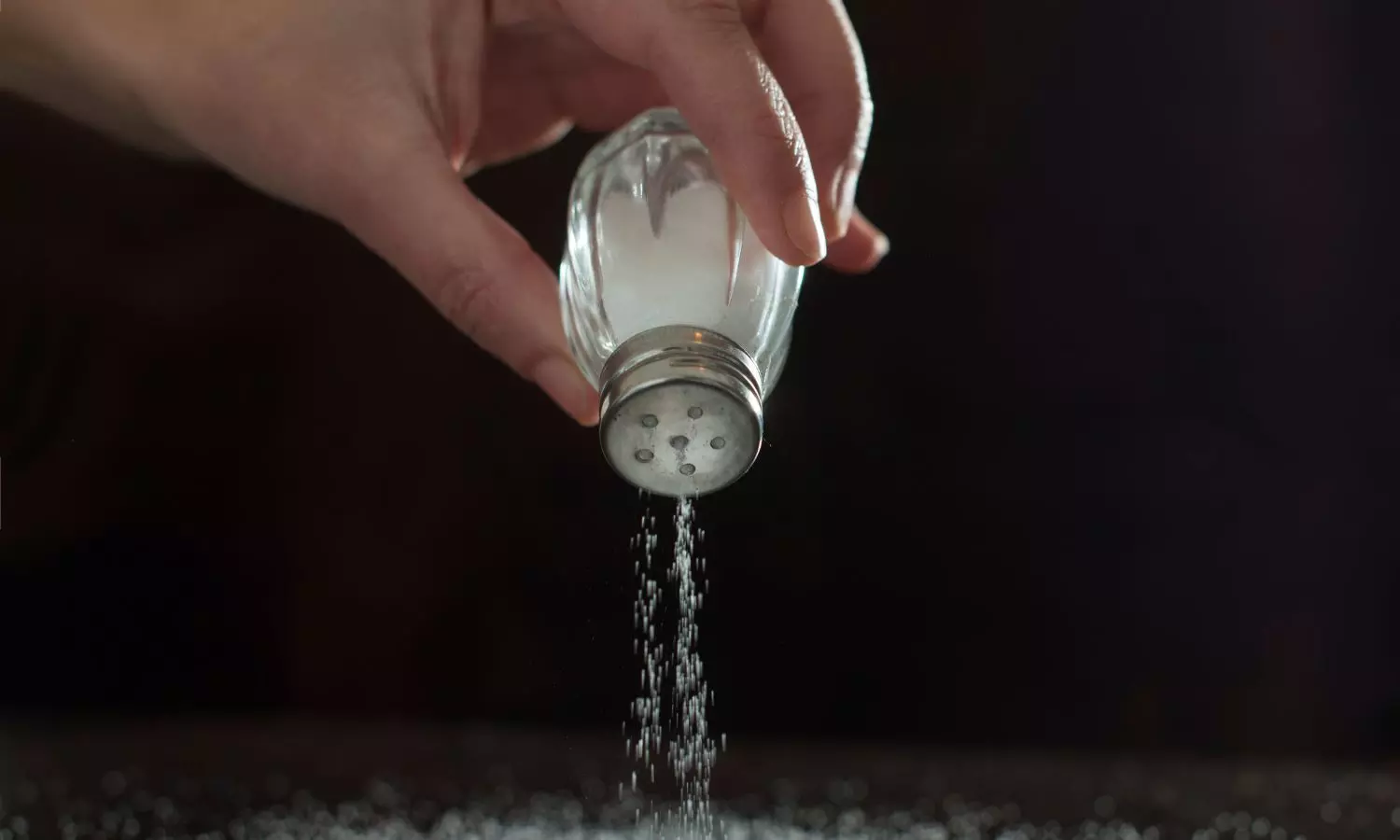Reducing Salt Intake, Key to Cost-Effective Better Health: Experts

New Delhi: Excessive salt consumption in India is silently contributing to a growing health crisis, with experts urging immediate action to curb the problem. Reducing salt intake has been identified as one of the most cost-effective strategies to improve public health, as it significantly impacts the rise of non-communicable diseases.
During the Salt Fight 2025: Say NO to Na workshop, organised by the Delhi Medical Association (DMA) and other organisations, doctors and public health leaders emphasised the urgent need for stronger physician-led campaigns, reformulation of packaged foods, and consumer education to address India’s growing salt crisis.
Dr. Vinod Kumar Paul, Member of NITI Aayog, highlighted that tackling modifiable risk factors, such as excessive salt intake, is crucial in reducing the country’s burden of non-communicable diseases, which now account for nearly 65 per cent of all deaths. "Reducing salt intake may seem simple, but it is one of the most cost-effective strategies available. It’s not enough to just acknowledge the risks—we must focus on practical campaigns and evidence-based solutions," he stated.
Referencing global studies, Dr. Paul noted that reducing salt intake by 30 per cent could lower hypertension rates by at least 25 per cent, which would help prevent conditions such as heart attacks, strokes, and kidney disease.
Current health data reveals that the average salt consumption in India is nearly 11 grams per day, significantly surpassing the World Health Organisation’s recommended limit of 5 grams. A large portion of this excess comes unknowingly from processed foods, restaurant meals, and packaged snacks.
Dr. Girish Tyagi, President of the Delhi Medical Association, emphasised the critical role of physicians in making salt reduction a routine part of clinical practice. "Salt reduction should not be a secondary consideration during patient consultations. It must be central to our health advice, encouraging low-sodium options and raising awareness about hidden sources of salt," he urged.
Dr. Atul Goel, Director General of Health Services in New Delhi, linked excessive salt intake to broader lifestyle issues. "Processed foods, refined oils, and excess salt are contributing to long-term harm. Even medications and injectables can contain sodium. Reducing salt by just 2 grams a day could protect millions," he noted.
Experts also discussed the importance of reformulating food products, implementing mandatory front-of-pack salt labelling, imposing taxes on high-salt foods, and promoting low-salt recipes that maintain flavour without compromising health.
They called on physicians, policymakers, and the food industry to collaborate in creating a low-salt culture across India to curb the rising incidence of preventable diseases.
(With inputs from IANS)


